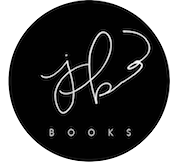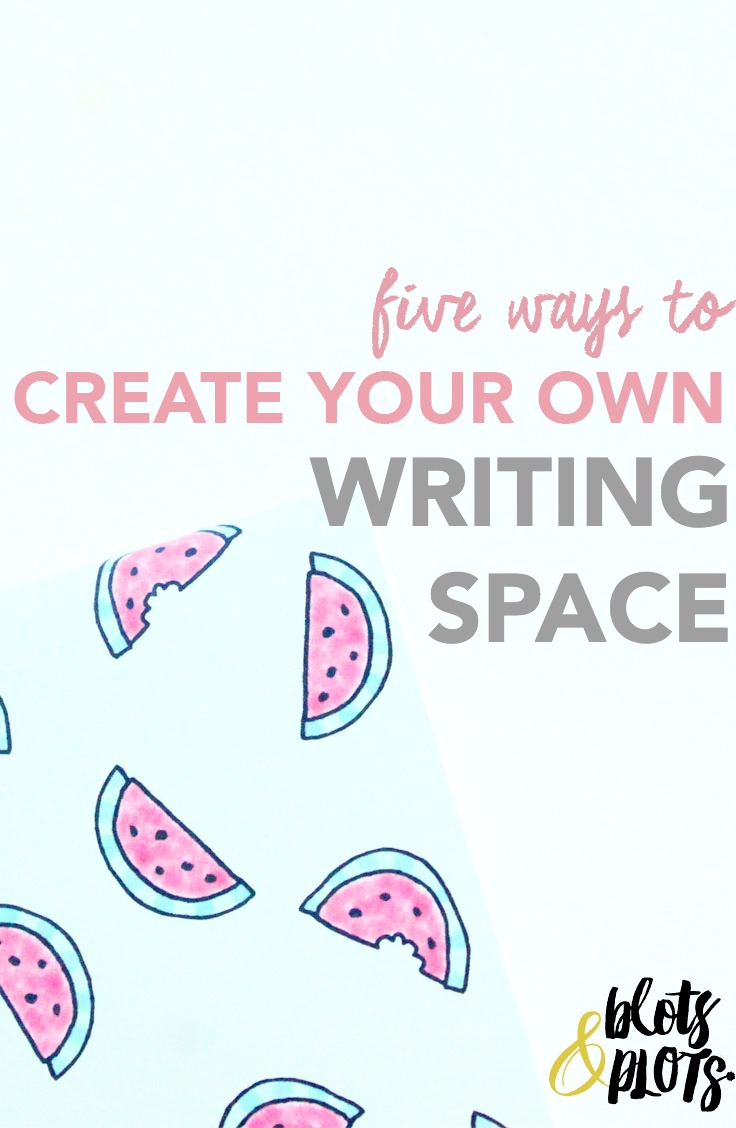This is post #10 in a fifteen post series, entitled “15 Days to Writerly Awesome in 2015,” posting on Sunday, Monday, Wednesday and Friday of January.
If you've been keeping up with #TATM, you'll know that I finished writing my novel just recently. The next step? Self-editing. You can review my tips here. And finally, here I am, looking for a freelance editor. If you're publishing traditionally, your literary agent will hook you up with a publishing house, where they have happy little editor elves waiting for you. (I realize I'm oversimplifying.)
For self-publishers or writers prepping their stories to seek representation, finding a freelance editor is key. Hint: this is easier said than done. Hint: you probably already knew this. Read on for all of my editor-hunting secrets:
Social Media Rules
In order to find a freelance editor, look to your friends. Ask your writer tribe who they have used in the past. Google, of course, is always a great resource. But here's my secret. For me, I found my lovely new editor through Pinterest. That's right. When I researched finding an editor on Pinterest, it led me to the Freelancer's Union website, where I then found my new editor. When it comes to seeking support for your novel, you've got to get a little creative.
Ask for a Sample Edit
Once you've narrowed down your list of potential editors, it's time to see if you're compatible. Think of it as dating, but the stakes are higher, because this is your book for crying out loud. Pay attention to the response time in your interactions with these potentials. (This can be really telling of how available they will be to you.) When you receive the edit back, compare each editor's notes. Tip: Don't mistake a lack of notes as an indication that your writing is flawless. You are not Beyoncé.
Ask the Right Questions
- What is your editing process? This is when your editor-to-be will explain how he/she works. Pay attention. Does this timeline work with your publishing schedule? Does this editor give ample amount of notes? Will you receive the edited book all at once or in small doses?
- Are you available soon? Some editors will book months in advance. Availability is key to actually getting to work with your editor of choice.
- What is your previous experience? On his/her website, your editor most likely listed credentials and reviews from past clients. Still, it's important to hear this directly from your editor. Tip: Try to get the editor on the phone. It's a much more effective form of communication.
- What are your rates? Do you offer package deals? This is the tricky part. Editors are not cheap, people. Choose ahead of time what kind of service you're looking to purchase. For me, I'm doing four chapters of developmental editing, and an evaluation for the remainder. I highly recommend hiring someone as a proofreader, at the very least. Once you decide this, think budget. What are you willing to pay for a good editor as well as for each type of service?
And that's all, folks! Back to the writing cave, I go. #TATM will be sent off to editing on February 11th, so I've got my work cut out for me. Happy writing!
Discussion Time: Have you ever hired a freelance editor? If not, do you plan to? Please ask any further questions below!








